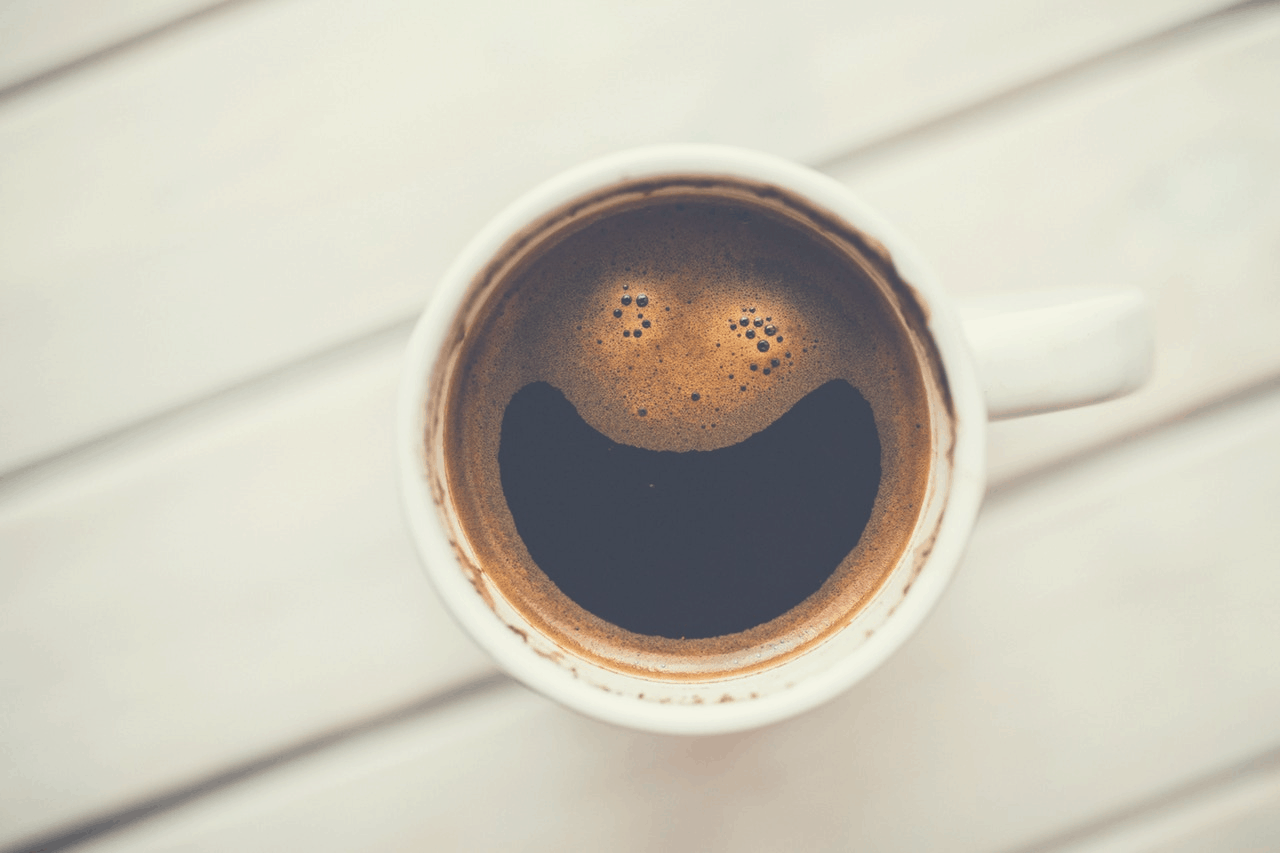Many studies have shown that coffee, the most popular beverage in America, is not just a pick-me-up. It also improves mood and alertness. But for some people, it can also cause sleep problems because caffeine disrupts the natural sleep cycle by making it difficult to fall asleep and stay asleep until morning. Caffeine affects everyone differently depending on how much they drink, when they drink it and other factors.
Coffee drinkers should be aware of these effects so that they can take steps to improve their sleep quality such as drinking less caffeinated drinks later in the day or switching from coffee to decaf at bedtime.
To help you understand more about this connection between caffeine intake and your sleep quality, this article will explain how caffeine affects your body, why it disrupts sleep and what you can do to get a better night’s rest.
What is caffeine?
Caffeine is a chemical stimulant that comes from food, beverages and medicine. It has different functions in the body depending on how it is consumed. Caffeine can for example stimulate the brain, blood flow, breathing and heart rate. The common sources of caffeine are coffee, tea and soft drinks.
How does caffeine affect our bodies?

Caffeine has different effects on each individual depending on body weight, sensitivity to caffeine and other factors.
Caffeine triggers the part of your brain that makes you feel awake. It increases dopamine levels, which gives the feeling of pleasure and happiness. Caffeine also speeds up the brain process by blocking adenosine receptors in the brain. Adenosin slows down our nerve cell activity and is a natural stimulant for sleep. This means that caffeine can cause you fatigue by stimulating the body too much. According to Mayoclinic four cups of coffee per day is all right for an adult. This is equivalent to 400 mg of caffeine.
Caffeine has a stimulating effect and when we consume it during the day, our bodies have to work harder. Our heart beats faster, blood pressure increases and breathing is more rapid than normal. This means overtime our body’s self-regulating mechanisms become less efficient with time. Caffeine can cause your body to lose its natural ability to keep a healthy cycle of sleeping and waking.
Caffeine is also known to disrupt the slow-wave phase of our sleep. The deeper stage of sleep is essential for maintaining physical, mental and emotional well being. This means caffeine can cause you fatigue by stimulating your mind too much. It can be more difficult to get up in the morning, and we often feel unrested even after a full night’s sleep.
Caffeine can also cause sudden awakening or difficulty in falling back asleep when consumed too close to bedtime. This is due to the ability of caffeine to remain in the system for several hours, limiting its effectiveness as a short-term stimulant.
How does caffeine disrupt sleep?
Caffeine disrupts sleep because it can lead to trouble falling asleep, increased nighttime wakefulness and shortening of sleep time.
Caffeine in the blood stream takes about 15 minutes to an hour before taking effect. For people who are sensitive to caffeine it can take up to six hours for the body to get rid of 50% of the amount. It can take up to 10 hours for the complete elimination of caffeine from the body.
Caffeine also increases urination and gastric activity, which can in turn affect your sleep and overall health. It is recommended that people limit their coffee consumption to avoid negative effects on sleep.
If you would like to know some symptoms of caffeine being disruptive to sleep, I have included the following bullet points.
- Difficulty in falling and staying asleep.
- Uneven or interrupted sleep due to daytime drowsiness and nighttime awakenings.
- Lack of deep sleep (slow-wave) during the night.
- Waking up more often and feeling unrested even after a full night’s sleep.
How do you sleep better while drinking caffeine?

It’s important to know how caffeine affects our sleep and what can be done to achieve a better night’s sleep. Here are some tips:
- Caffeine should be avoided after noon, at least six hours before bedtime.
- Drink warm tea rather than coffee right before bed. This way you can also relax without the side effects of coffee.
- Watch out for hidden sources of caffeine such as chocolates, energy drinks, and painkillers.
- Limit yourself to 4 cups or 400 mg per day.
- Increase your consumption of sleep promoting foods such as chicken, fish, and cereals.
- Exercise daily, preferably in the early morning.
- Reduce stress and anxiety before bedtime.
- Establish a regular sleep schedule to ensure that you wake up at the same time every morning.
Conclusion
Caffeine is a stimulant that can affect our sleep in many different ways. The most common source of caffeine are coffee, tea and soft drinks which have been shown to keep us from falling asleep at night or staying asleep due to the increase in adrenaline levels. Caffeine triggers the part of your brain that makes you feel awake by increasing dopamine levels and blocking adenosin receptors-a natural stimulant for sleep. However, it also increases urination and gastric activity which may then cause other problems with sleeping as well as health issues such as dehydration. It’s important to know how caffeine affects our bodies so we’re aware of what steps we need to take in order get better quality sleep each night! I hope you found this article helpful!
